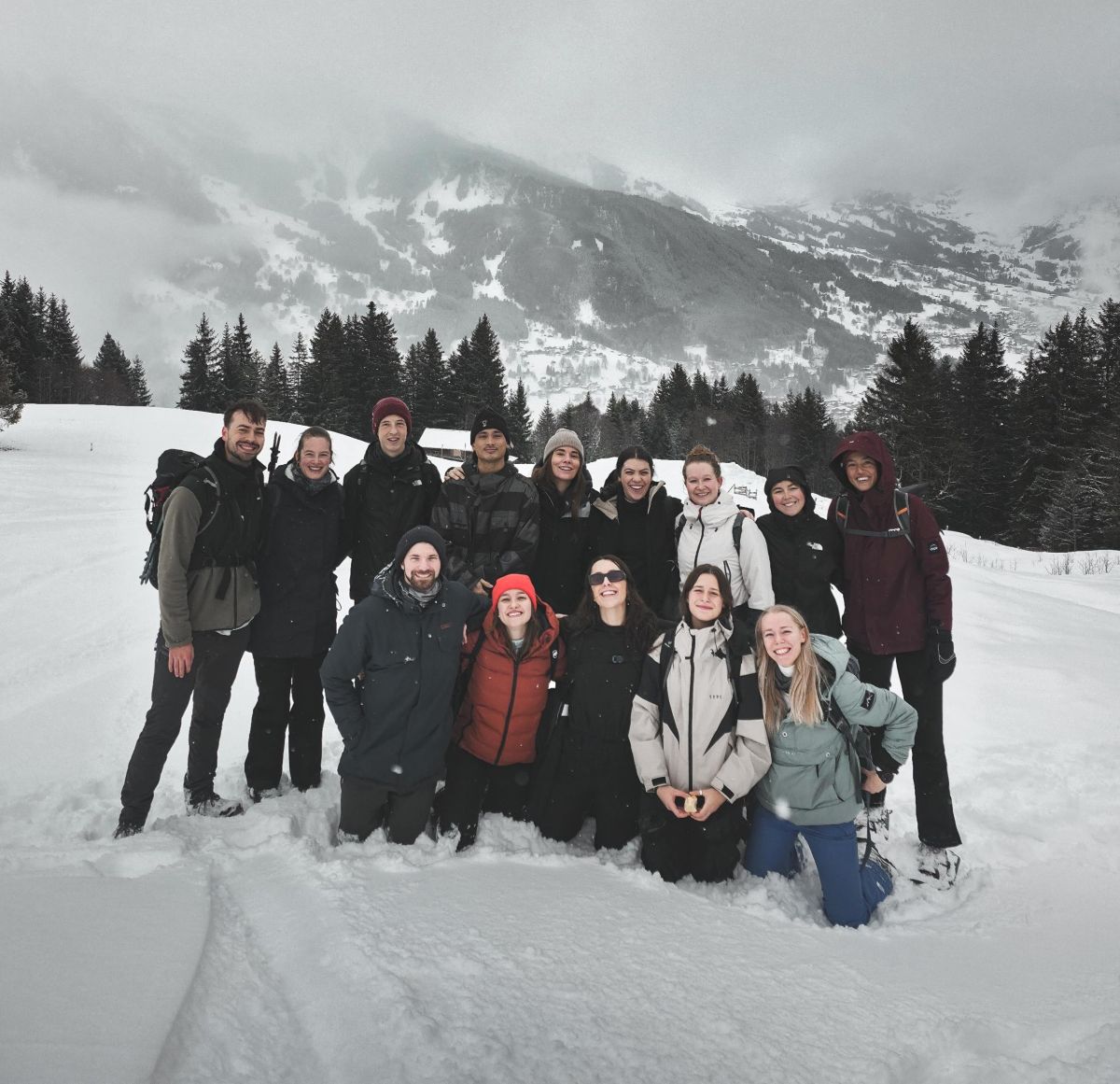Good job interview questions: how to find the perfect match

A good job interview makes the difference between finding an employee and finding the employee who takes your practice to the next level. international physiotherapists often bring fresh energy, new insights and strong motivation. At takeoff, we know this better than anyone. But how do you make sure you select the right candidate?
In our view, the key lies in asking the right questions. Questions that not only test professional knowledge, but also provide insight into personality, motivation and how someone fits into your team and company culture.
Why good questions are important when applying
When recruiting international physical therapists, you look at more than just diplomas and work experience. You want to gain insight into the applicant's skills, experiences, motivation and personality. A candidate who is technically excellent but doesn't fit into your team dynamic can ultimately bring more problems than solutions.
Extra factors play a role, especially among international candidates: cultural differences, language skills and adaptability are becoming just as important as professional knowledge. Asking the right questions gives you a complete picture of who the person behind the resume is.
The 4 pillars of a strong job interview
1. Expertise and experience
Start with questions that identify the candidate's professional competence:
“Describe a complex patient case that you've dealt with recently. What approach did you use and what were the results?”
This question provides insight into how the candidate develops a treatment plan and whether it provides customized solutions for each patient. Note concrete examples and whether the candidate works evidence-based.
“How do you stay up to date with new developments in physical therapy?”
Shows the motivation for continuous professional development: essential in a field that is constantly evolving.
“In which physiotherapy disciplines do you feel strongest? What would you like to further develop in?”
Helps you determine how the candidate fits into your practice and what growth opportunities there are.
2. Adaptability and motivation
In our view, these questions are always very important for international candidates:
“What motivates you to come to work in Switzerland?”
Dutch physiotherapists - and international physios in general, you might say - are valued for their work mentality and flexibility, but you want to know if their motivation goes beyond just a higher salary.
“How do you deal with situations where things work out differently than in your home country?”
Test adaptability. This is crucial for a successful integration into your practice.
“Describe a situation where you had to adapt quickly to new circumstances or ways of working.”
Provides insight into flexibility and how the candidate deals with change.
3. Communication and language skills
Every employee in Switzerland is tested to ensure that the language level is at the right level. But language is more than grammar:
“How do you explain complex treatment to a patient who has little medical knowledge?”
Test both language skills and empathy.
“How would you deal with a patient who is dissatisfied with their progress?”
Combines communication skills with professional behavior.
Tip: Have part of the conversation in German to test practical language skills in a natural context.
4. Team fit and practice culture
These questions help determine whether the candidate fits into your specific work environment:
“Describe your ideal day of work. What does it look like?”
By asking specifically about the culture of the previous employer, you also learn a lot about how the candidate thinks about culture and what motivates them.
“How do you prefer to work together in a multidisciplinary team?”
Provides insight into team skills and how the candidate relates to other disciplines.
“What is important to you when it comes to collaborating with colleagues?”
Helps assess whether the candidate fits your team dynamics and work atmosphere.
Questions you should avoid during the conversation
During a job interview, an employer may only ask questions that are relevant to the job. Avoid questions about:
- Personal life and family situation
- Health condition (unless relevant to specific tasks)
- Political preference or belief
- Financial situation
So always focus on work-related competencies and skills.
The STAR method: learn to ask questions in a targeted manner
A convenient way of asking questions is to use the STAR method. STAR stands for: Situation, Task, Action and Result.
For example, when asking about a complex patient case:
- Situation: “What exactly was the situation?”
- Task: “What was your role and responsibility?”
- Action: “What concrete steps did you take?”
- Outcome: “What was the final outcome for the patient?”
This gives you concrete, verifiable information about the candidate's way of working.
4 Practical tips for the conversation
1. Create the right atmosphere
First, make the candidate feel at ease, offer a drink and ask if anyone had a good trip. A relaxed candidate provides fairer and more complete answers.
2. Drop silences
Dare to drop silences too. Do not “fill in” if the candidate pauses during the job interview. Often, there is more information than you would expect.
3. Ask follow-up questions
It's important to ask questions about some of the answers while taking interview questions, otherwise you won't know much.
4. Be transparent about your business
Talk openly about your practice, the challenges, growth opportunities and what you expect from a new employee. International professionals attach great importance to equality and mutual respect between all functions.
End the call
Conclude with practical issues:
- When can they start?
- What notice period do they have with their current employer?
- Discuss salary expectations: it's common to raise this in the first conversation
- Explain what the next steps are
Have the perfect job interview
A good job interview is not an interrogation, but a conversation between professionals. By asking the right questions - questions that highlight both professional knowledge and personality - you create the basis for a successful collaboration.
International physiotherapists often consciously choose Switzerland: they are looking for a challenge, professional growth and a new life experience. By seeing them as a valuable addition and treating them with respect, you will not only find a good employee, but possibly a team member who will take your practice to new heights.
The investment in a thorough application process always pays off in better matches, less turnover and a stronger team. Because the best employees are not the ones with the best resume, but those who match your practice, your values and your ambitions.
Want to know more about recruiting international physiotherapists? Or do you have questions about guidance during the integration process? Then check out this page or feel free to contact up for personal advice.
Read more about Switzerland
Tips, tricks and more insights about living and working in this beautiful country


.jpg)

